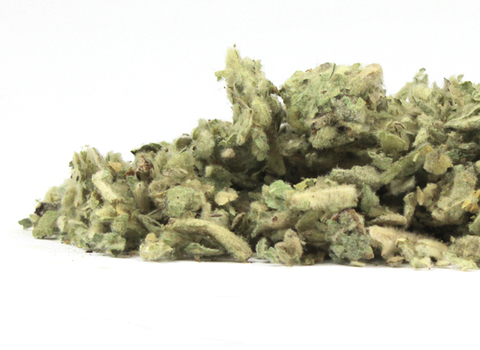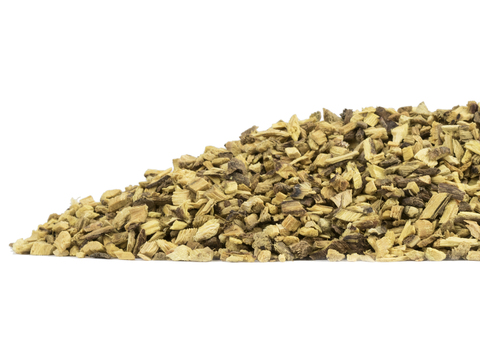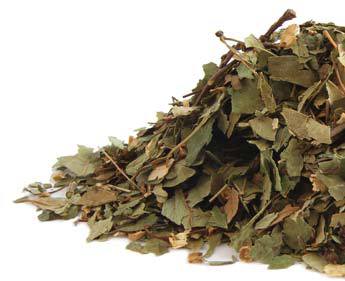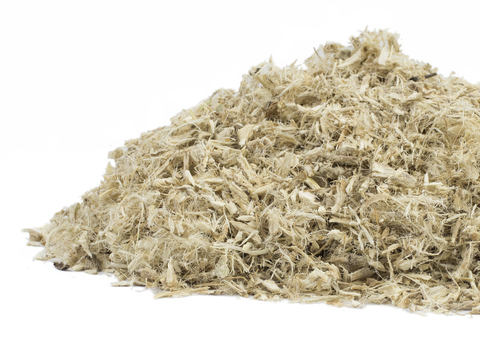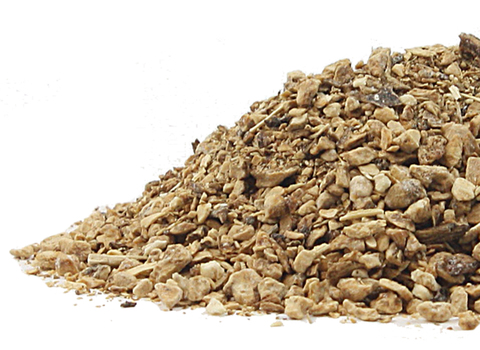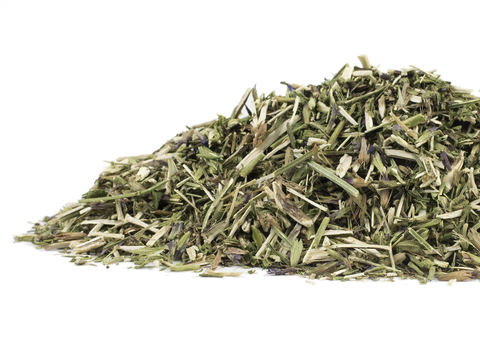Growing up immersed in the wild brush woodlands of the Santa Monica Mountains, the loom of fire threats is not something new to me. My childhood consisted of emergency evacuations and glowing hazy, orange borders billowing across the chaparral sierras. Whenever the words “Santa Ana winds” were mentioned, I knew the devilish red flames would rear their fuming heads again. As a young adventurous and aspiring Eliza Thornberry, one of the worst parts for a outdoor explorer, was always the smoke pollution. With air pollution already a huge problem in Southern California, acrid smoke just adds fuel to the fire. Now, imagine dry climate air, limitless smoke and car exhaust fumes filling the skies…its like residents are bathing in brown soot. Its painful to breathe in, feeling like you are filling your lungs with deep pressure rather than clean air. This smoke pollution can cause a host of health issues “[ranging] from eye and respiratory tract irritation to more serious disorders, including reduced lung function, bronchitis, exacerbation of asthma and heart failure, and premature death” and, in addition, “exposures to high concentrations can cause persistent cough, phlegm, wheezing, and difficulty breathing” (EPA, 2016).
And this year alone, we had a particularly gnarly fire season, with multiple fires breaking out across Southern California in a short, severe period. There was LITERALLY smoke on the water and a fire in the sky. One fire in particular, the Thomas Fire, is still currently burning through Ventura and Santa Barbara County like an angry rush of swarming bees, and has officially become the second largest wildfire in California’s history. Thousands of acres, homes and lives have been destroyed. And with climate change creating harsher drought and further desertification, this is only the beginning. There is only so much we can do right now, but helping our communities by donating, opening our homes, volunteering and pushing for stricter legislation towards climate justice issues is a step in the right direction. While I am currently living in England and watching from afar as these ravaging fires destroy so much of my homeland, it makes my heart hurt, to see the people and land that I love so much in pain. For now, how I chose to help is by creating an herbal tea recipe specifically for respiratory cleansing, assisting victims afflicted by smoke pollution. I am handing this article over to all community members of California, hoping that the those who can help, will give back. If you are a budding herbalist, tea enthusiast or just interested in getting involved and have the means, please make bulk infusions and give to those in need. I hope I can transfer some light and love to my community of California. I want to end with these poetic lyrics I symbolically feel the Grateful Dead wrote for California, helping us remember it's:
Just a box of rain,
Wind and water,
Believe it if you need it,
If you don't just pass it on
Sun and shower,
Wind and rain,
In and out the window
Like a moth before a flame
Represented with the fire elements, Mullein Leaves feel like fuzzy fluff balls. They are fantastic for chest congestion and respiratory conditions, boasting expectorant, demulcent and antiseptic actions.
Licorice Root, represented with the water elements, does not taste like a sweet flavored black candy. In fact, this herb is quite bitter, making it excellent for heartburn, acid reflux, ulcers and other digestive conditions. It is also wonderful for adrenal depletion, chronic vital infections and lower respiratory infections for its expectorant, demulcent, anti-inflammatory, anti-viral, anti-ulcer, and adrenal supporting actions.
Represented with the fire elements, Hawthorn Leaf warms the heart and promotes gentle equilibrium throughout the body. It is renowned for its astringent and circulatory properties.
Marshmallow Root, represented with the water elements, is best prepared as a cold infusion. It is demulcent and mucilaginous, which breaks up mucus and coats and soothes respiratory inflammation.
Elecampane Root, represented with the air elements, with its showy yellow-rayed flowers, is a stimulating tonic herb. Its expectorant nature makes it wonderful for respiratory ailments and bronchial infections.
Represented with the fire elements, Hyssop, packs a minty fresh zeal that is wonderful for healing chronic congestion, catarrh and other conditions. It is expectorant and diaphoretic and also an excellent nervine tonic.
Respiratory Rescue Tea (yields about 8 cups)
1 tablespoon of dried mullein leaves
1 teaspoon of dried licorice root
1 teaspoon of dried hyssop
1 teaspoon dried marshmallow leaf
1/2 teaspoon of dried hawthorn leaf
1/2 teaspoon of dried elecampane root
Typically, aerial parts of plants like leaves are infused, while hardier parts like roots are decocted, however this tea allows for a potent infusion blend with longer steeping time. Add 1 teaspoon of dried herbs to 1 cup of boiling water. To infuse the tea, put the herbs in a teapot or cup, using an infuser for easy removal. Pour boiling water over the herbs and allow the tea to steep covered for 10-15 minutes. Make sure to cover the teapot to keep the heat from dissipating. Strain, serve and sweeten with a teaspoon of Manuka Honey or soak a few dried mulberries for extra Vitamin C.
Thank you to infinity and beyond to the firefighters and generous community members for fighting these fires, donating and getting involved. So much love and gratitude resonates from the House of Citrine to you. You can read more about how to get involved and help or donate to the Southern California wildfire victims here.
This information is not a replacement for a medical professional, so please consult before treating yourself or others with this or any other herbal remedy
Molly Helfend is part of the HOC team and is a writer, ethnobotanist, herbalist and environmental activist. She graduated from University of Vermont in 2016 with a Bachelor of Science in Environmental Studies and a concentration in Holistic Health and recently from University of Kent in 2018 in Canterbury, England with a Masters of Science Degree in Ethnobotany. She has worked for Urban Moonshine, Greenpeace and received her herbalism training with Spoonful Herbals. Her goal is to travel the world, researching plant-human interconnected relationships while continuing to educate about the transformational energy of life. Molly resides in Raglan, New Zealand, working as an herbalist at the Herbal Dispensary.








